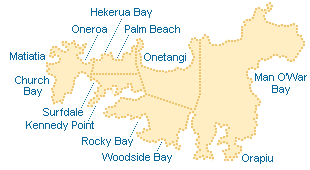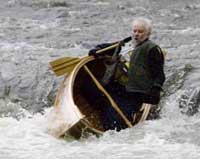
Helen Dew in her potato patch - another liberated lawn.
She recently sent me some Leek seeds, with a note to "Sow leeks now, for good sized crop in winter. Love, Helen" I got them in some seedling pots on New Years eve. Thank you Helen for this lovely gesture of support, you are an inspiration.

Here are the pots with Helen's leek seeds in - protected from the birds and the drying effect of the sun. I aded some dry worm castings, harvested a year ago, to the potting mix. I only planted half the seeds, as I recall that the period following the full moon is said to be better for root crops.
People rarely write or talk about their gardens until they have perfected some aspect of them. It is easy to feel daunted by all the volumes of books and articles on the subject. Where do we start! My friend Scott has often expressed the basic truth that "you don't need to know all the answers before you begin."






